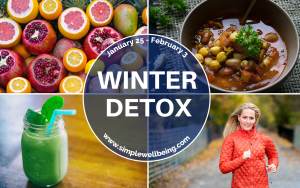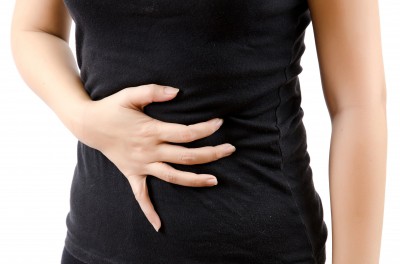What is microbiome and why should you be concerned about it?
Have you ever heard the term microbiome? Turns out this is a term we will be hearing a lot more about, as we are learning that it plays a key role in our health.
Simply put microbiome refers to the 100 trillion microbes and their genes that live in your body (that is 3 times more than the total number of cells in your body). The microbiome is composed of bacteria, viruses and fungi. Believe it or not there are over 1 billion bacteria in just one drop of fluid from your colon.
Over the course of your life you develop a microbial footprint that includes the food you’ve eaten, your family’s health, where you have lived, and your level of hygiene, medications, and hormones – every single element that has ever come in contact with you and your family has created your unique microbiome. According to Dr. Robynne Chutkan, a leading gastroenterologist in Chevy Chase, Maryland, your microbiome is a more accurate identifier of you than your DNA.
It was always thought that a person’s health and disease were primarily governed by their genetic predisposition, but the Human Genome Project (HGP) discovered that genetics was only responsible for 10% of human disease. The remaining 90% was introduced by environmental factors – nutrients, toxins, our thoughts and emotions.
Microbes work within your body to digest your food, train your immune system to distinguish between good and bad bacteria, turn your genes on and off and synthesize vitamins that your body can’t make on its own, as well as a host of other things like neutralizing cancer. Your overall health is closely tied to the health of your microbes.
Damage to the microbiome is a root cause to many conditions. Not only gastrointestinal disorders such as Crohn’s, ulcerative colitis, and irritable bowel syndrome (IBS), but also autoimmune diseases like thyroid disorders, multiple sclerosis (MS), and type-1 diabetes. There have even been studies showing that children with autism, as well as, certain types of cancer in adults, obesity, and even heart disease can be caused by an altered microbiome.
As you might have guessed, your diet is a huge element of your microbiome health. The most damaging foods are those that are high in added sugars like high fructose corn syrup and processed foods such as cookies, crackers, chips, packaged cold cuts and microwavable meals which all alter your gut bacteria. It is also recommended that you decrease your intake of meat, gluten (wheat, barley, rye and other grains), and dairy (cheese, butter, sour cream and ice cream) as they all negatively affect gut flora.
Here are a few important steps you can take to promote a healthy microbiome:
1. Avoid antibiotics unless absolutely necessary. Antibiotics are the biggest threat to your microbiome as they will not only kill the bad microbes but also most of the good microbes and the remaining ones are starved by poor diet choices. There are times that antibiotics are necessary. When discussing with your physician, ask what the natural course of your illness would be and how to treat it and whether antibiotics are absolutely necessary.
2. Increase your soluble and insoluble fiber – the most important ingredient for growing a good gut garden is indigestible plant fiber. It’s the preferred food of the healthy bacteria living in our gut. We should be eating foods that are high in inulin (a form of soluble dietary fiber), like leeks, garlic, onion, artichokes, asparagus, lentils, nuts, seeds and oats. Fermented foods are also great because they act as a prebiotic, meaning they provide food for our gut bacteria, and the fermentation process also produces additional live bacteria. Foods like raw sauerkraut, kimchi and pickles contain live bacteria from the fermentation process and also lots of fiber.
3. Get a little dirty! Living germ free is not the best combatant for staying healthy. Exposing ourselves to bacteria and dirt can actually serve as somewhat of “natural vaccines” that strengthen our immune system. We spend a lot of time scrubbing away healthy microbes on our skin with too much bathing and anti-bacterial products, and using hand sanitizers that contain the microbial disruptor triclosan.
Interested in learning more and how to heal your gut and restore your health? Join Dr. Robynne Chutkan and other leading experts on digestive wellness for a full day Microbiome Solution Workshop in Washington, D.C., January 30, 2016.

I highly recommend Linda’s detox program. It’s not only very well structured and easy to follow, but within a couple of days you shift from feeling deprived to feeling incredibly satisfied with yourself, your diet, and the change in rhythm. Linda’s detox guide is a jewel and many of its recipes have been fully incorporated into my family’s meals.
– Andrea Guides
If you’re looking to make your health resolutions a reality in 2016 download the Institute for Integrative Nutrition’s Guide to Accomplishing Your Resolutions. I personally attended IIN’s program and if you are interested in learning more click here.

